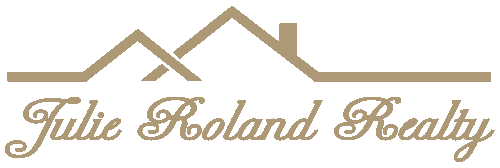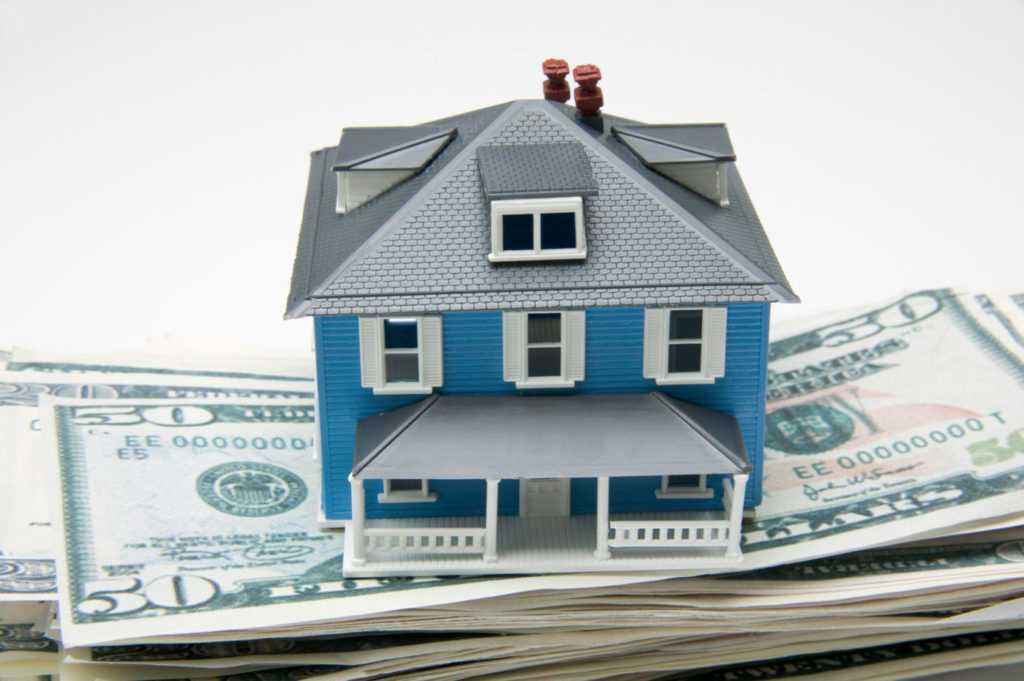How Much is Your Home Worth?
When it comes to pricing your home, it may not be rocket science, but it is definitely a science of sorts. With putting your house on the market comes many financial and emotional obstacles, leading buyers to price with their heart and not with the facts. There are many tools that can assist with the accurate price strategy; however, it can be difficult to know where to start. Let us give you some direction!
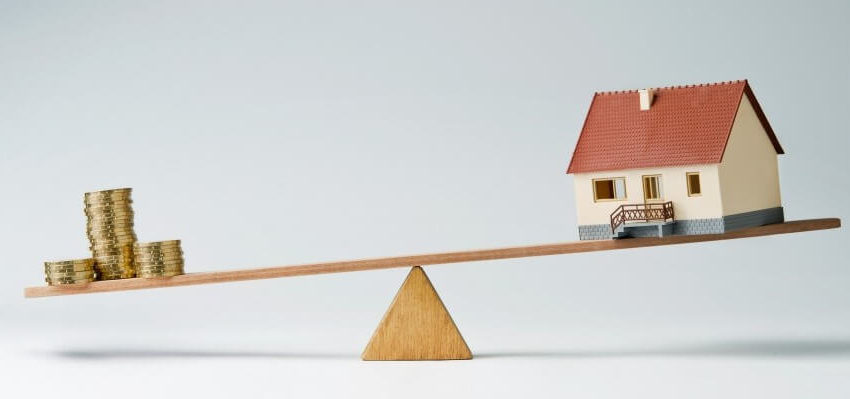
Is it Overpriced?
At first, it seems like a successful tactic to overprice a home. What can go wrong? Actually, a lot. While you will be able to lower the listing price during the process, the challenges may be overcoming. An overpriced home that sits on the market can easily prevent you from moving into your dream home, consequently resulting in two coinciding mortgages. Buyers want to pay a fair market value, they do not want to pay extra for you to upgrade to that dream home.
Overpricing a home could mean that your listing is harder to find on real estate search sites. Buyers searching for homes up to $300,000 will fail to see your overpriced listing at $315,000. Based on comparable sales data, make sure your home fits the expectations of your neighborhood and its price point.
Once the listing has sat on the market for awhile, you will need to lower the price, leaving buyers asking the question, “What’s wrong with that house?”
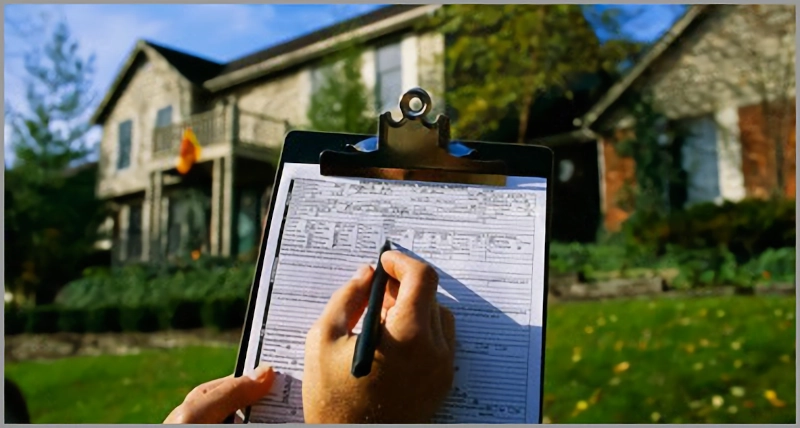
Is it Appraised?
Sometimes, the most accurate way to realistically price a home is by hiring an appraiser. An appraiser will evaluate the market, the property itself and comparable properties. If you are not looking for those additional costs, an online home value estimator can be an effective tool. An online tool will not be able to give you a value as accurate as an appraiser; however, it will be able to determine a ballpark value for your home.
Understanding the estimate provided by online tools means understanding the data that was leveraged to make that determination. If your home is not exactly comparable to that of the other homes in your neighborhood, the estimator will have a more difficult time finding comparable properties. The more recent sales that have occurred in your area means a more accurate estimate for your home.
Bank of America and Chase provide online estimation tools to better assist you in the process.
Learn more from Bank of America!
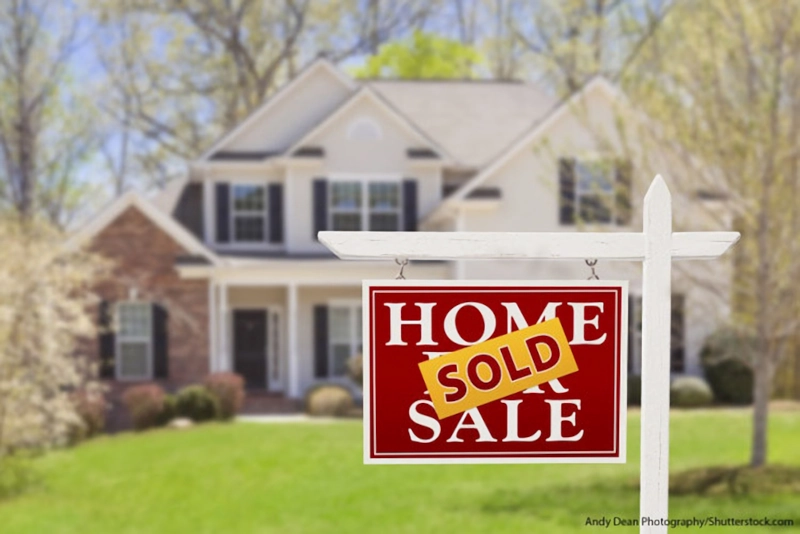
Have You Asked an Agent?
Asking a local real estate agent or a broker for their price opinion are also resourceful options. A Broker Price Opinion will combine the agent’s evaluation of the home and an analysis of the market. A Competitive Market Analysis, or CMA, will include the agent’s estimate of the home as well as the recent sales of other properties in the area.
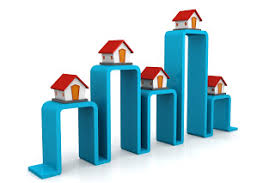
Have You Explored Comparable Properties?
Looking at comparable values, or “comps,” can guide you in making the most accurate pricing decision for your neighborhood. In fact, over 56% of homeowners estimate the value of their home by assessing comparable properties. In searching for similar properties, you must determine similar size, location and upgrades.
How to get started:
- Research sites with recent sales
- Look at price points of recent sales
- Determine three properties to help you create a valid estimate
Once you have selected the three most relatable properties, you will need to adjust for the differences. For example, if your home has a more updated exterior, your estimate may increase.
Contact Me:
Knowing your home’s worth is important. Contact me to learn more about the benefits of accurately pricing your listing!
Julie Roland
[email protected]
(919) 274-8004
